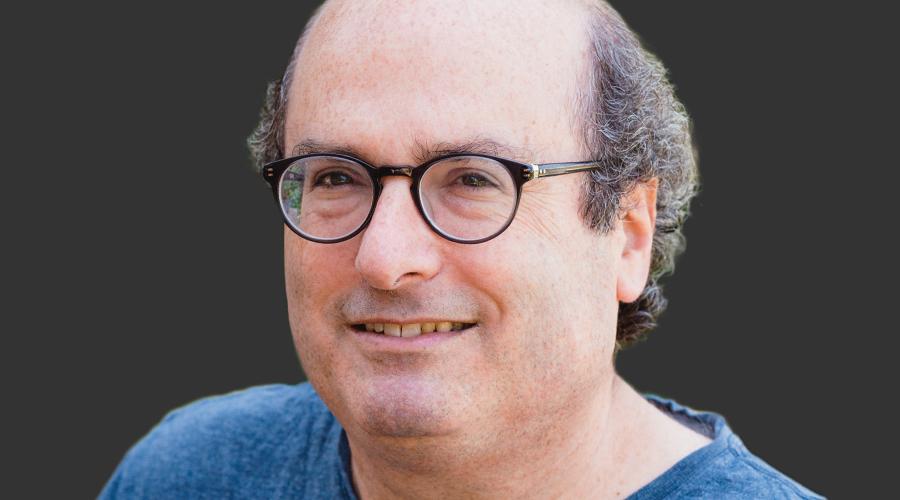-

Hear from Monica Toft, Academic Dean
Learn how Monica Toft, Academic Dean, is shaping the study of global affairs and diplomacy at Fletcher.
Hear from Prof. Toft -

Explore Fletcher academics in action
Fletcher Features offers insights, innovation, stories and expertise by scholars.
Get global insights -
Get application tips right from the source
Learn tips, tricks, and behind-the-scenes insights on applying to Fletcher from our admissions counselors.
Hear from Admissions -

Research that the world is talking about
Stay up to date on the latest research, innovation, and thought leadership from our newsroom.
Stay informed -
Meet Fletcherites and their stories
Get to know our vibrant community through news stories highlighting faculty, students, and alumni.
Meet Fletcherites -

Forge your future after Fletcher
Watch to see how Fletcher prepares global thinkers for success across industries.
See the impact -

Global insights and expertise, on demand.
Need a global affairs expert for a timely and insightful take? Fletcher faculty are available for media inquiries.
Get in Touch
From the Past to Pages: A Master of Storytelling, Investigative Inquiry, and Historical Unveiling
David Grann, F92
Fletcher alumni have been recognized for their accomplishments all over the world and in many areas. Not many, however, have seen their work nominated for 10 Academy Awards, as has David Grann, F92, for Killers of the Flower Moon, a nonfiction story about murder and the control for oil in 1920s Oklahoma turned popular movie directed by Martin Scorsese. A best-selling author and a staff writer since 2003 at The New Yorker, David’s full-length works also include The Wager: A Tale of Shipwreck, Mutiny, and Murder and The Lost City of Z: A Tale of Deadly Obsession in the Amazon, which is also being adapted as a film.
Having studied government as an undergraduate, David became a freelance journalist and thought about becoming a foreign correspondent. His interests in international relations brought him to Fletcher, impressed by its broad-based curriculum with emphasis on international history and political philosophy.
Fletcher helped David solidify his interest in becoming a writer and offered a solid foundation as he developed his analytical skills and sharpened his writing abilities. He credits Fletcher with teaching him to navigate the murky world of international relations where “truth is often difficult to ascertain,” and reliable information depends on in-depth cross-checking and verification, essential skills in his line of investigative reporting. He fondly remembers a joke from one of his professors, “Once a lie has been repeated three times, it becomes a fact.” David has never forgotten this and applies it consistently by trying to get to the bottom of a source and determining whether the information is a lie or a fact.
David appreciated Fletcher’s interdisciplinary curriculum and focus on research and structured writing and considers its commitment to experiential learning as significantly important in helping students gain real world knowledge and skills. He traveled to the Middle East right after the Gulf War as a student; during the trip he had the opportunity to speak with officials from Saudi Arabia, Kuwait, and the United Arab Emirates, which provided illuminating insights and further drove his interest in writing and journalism.
“The parts of the Fletcher curriculum that had the most impact on me were those that concern philosophy and history and that were rooted in the humanities,” David observes, adding, “Humanities are often devalued increasingly in our society where there's so much specialization. However, as citizens and thinkers, it is important to have broad-based knowledge.”


